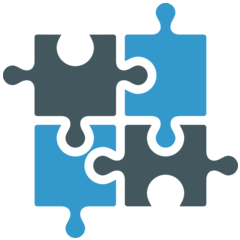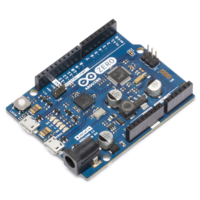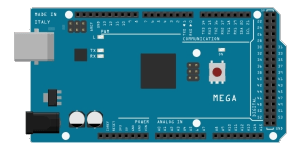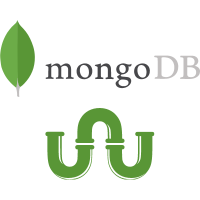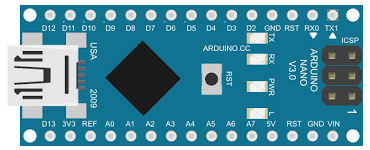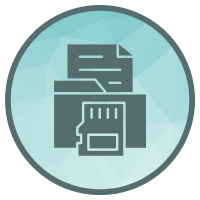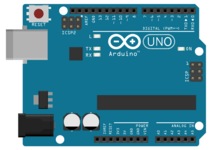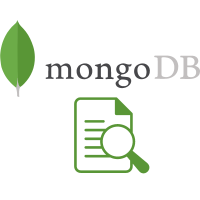Soft Deletes vs Hard Deletes: Making the right choice

In the world of data management, there are often two contrasting approaches to removing information from a database: soft deletes and hard deletes. Both have their pros and cons, and the choice between them can significantly impact how your data is handled. Let's dive into this crucial decision and help you decide which option is best suited to your needs.
